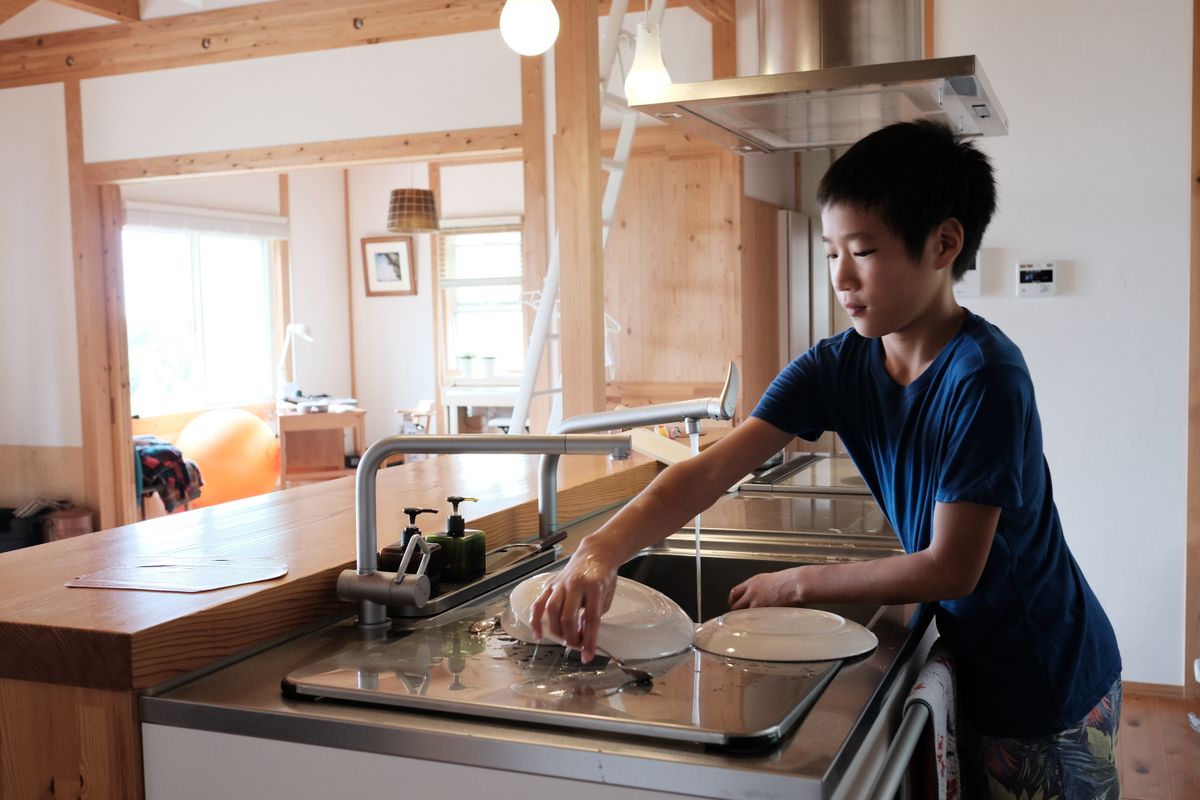Feeling successful as a parent and helping your children become independent, happy, fulfilled, and successful is crucial for a healthy work-life balance. The gap between childhood and adulthood is significant, so many parents prefer to let their kids be kids and focus on studying and playing. However, a Harvard study spanning eight decades shows the importance of parents assigning house chores to their kids.
A fascinating 85-year multigenerational study from the Ivy League research university in Cambridge, Massachusetts, has been exploring what makes people thrive. As part of this ongoing research, scientists evaluated the backgrounds of over 700 "high achievers" and found a strong connection between doing household chores and later professional success.
This can be attributed to a sense of belonging and responsibility. Children who are involved in shared responsibilities tend to develop a stronger sense of self-worth. They feel like a valuable part of the household "ecosystem," which helps foster empathy and teamwork skills from a young age.
According to researchers, when children contribute to family tasks, they learn to recognize the needs of those around them and are more willing to help others. This diminishes self-centered tendencies, as kids realize that the world doesn't revolve solely around them. Moreover, they develop a stronger work ethic that is essential for future success. While these attributes may not come naturally, parents can help cultivate them through consistent engagement in household chores.
Chores: A Foundation for Life Skills
Assigning chores to children is about keeping the house clean and laying the groundwork for essential life skills. According to a study published in the "Journal of Developmental & Behavioral Pediatrics," children who begin helping with small tasks at 4 or 5 tend to have higher self-confidence and self-efficacy. This makes sense, as even small accomplishments can foster a sense of achievement.
When a child completes a task, such as putting away toys, and receives recognition for it, they experience a boost in self-esteem. The study also found that children who did not participate in household chores were likely to score in the bottom quintile for prosocial behavior, academic ability, peer relationships, and life satisfaction. In contrast, regular chores were positively associated with higher levels of perceived social, educational, and life satisfaction competencies by the third grade, regardless of sex, family income, or parental education.
Chores as a Team Effort: The Key to Better Outcomes
For even better outcomes, make chores a team effort. Instead of just watching your 5-year-old put away toys, join by straightening the room alongside them. This collaborative approach makes chores feel less like an individual task and more like a shared family responsibility. It teaches children the importance of working together, a lesson that will serve them in their future endeavors.
This concept reflects a vital truth about success: no one achieves great things alone. Whether in business, relationships, or personal growth, support from others is crucial. By involving children in household chores as a family effort, you instill the value of teamwork from a young age.
A Simple Path to Success and Happiness
Ultimately, helping children develop a strong work ethic, empathy, and a sense of responsibility doesn't require a complex strategy—it can be as simple as involving them in regular household chores. This approach improves career success and increases happiness and life satisfaction.
Consider turning everyday tasks into learning opportunities. Doing so will keep your home in order and set your children on a path to becoming independent, capable, and well-rounded adults.
,type=downsize)







